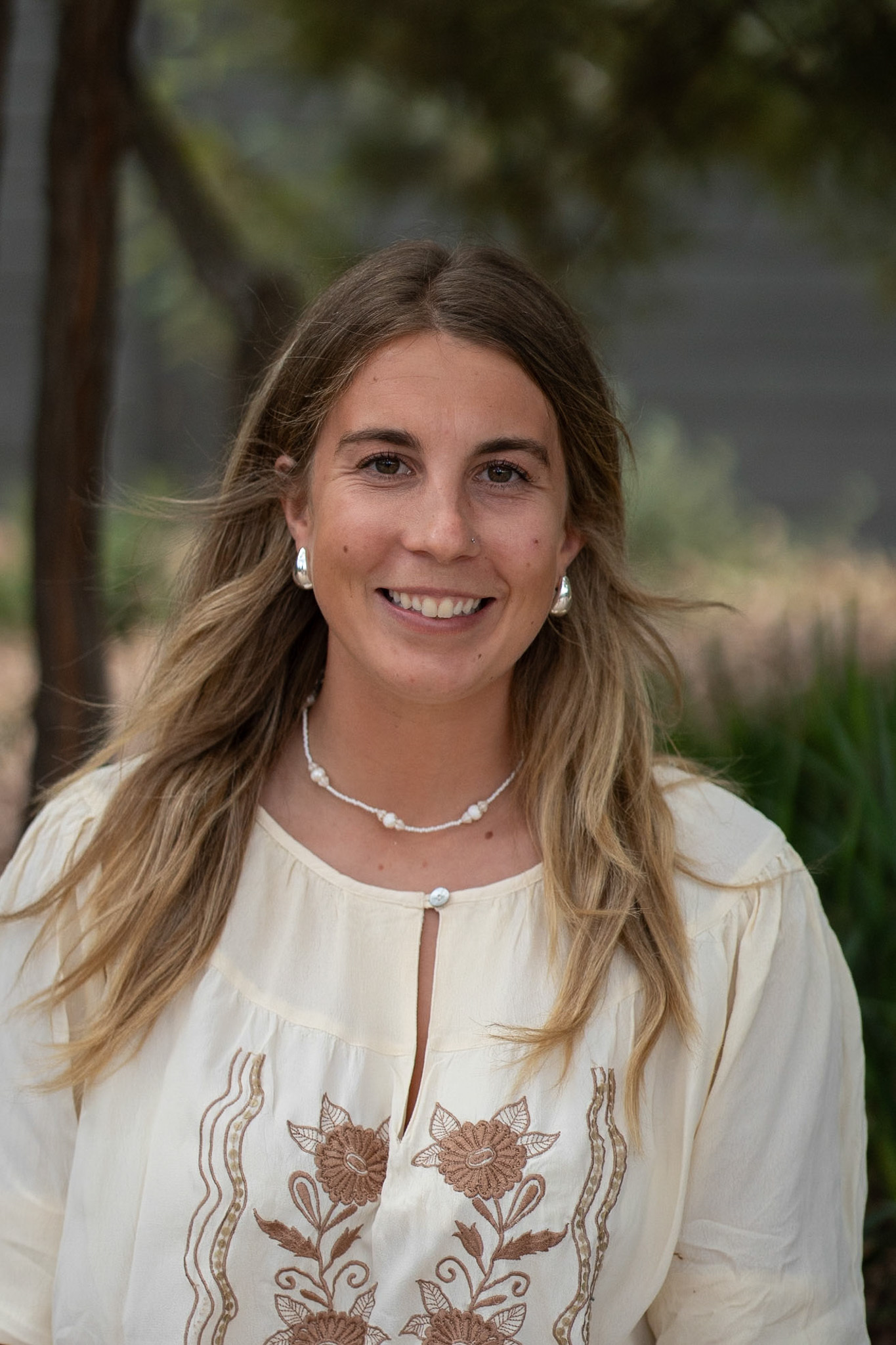
‘English’ is Compulsory, Language is Inescapable


Share this article
After class, a senior student stands by the door and waits patiently for me to pack up my notes; when I look up he tells me ‘the sun outside feels familiar’. It is the last day of school. And I recognise what he means. He lingers for a response but I can only smile back, hoping he picks up my understanding. Out there, is the feeling of something near and ready for him. Something that has already been in the making.
It struck me how much was contained in those few words. The exchange revealed the depth of what language, at its best, can do. The student gave shape to feeling and shared it meaningfully.
As a subject, English can so often reduce language to individual property. It has always been the centrepiece of a competitive academic curriculum, through mandatory student assessment and examination. Too often, it is perceived as dry and disconnected from life. But its deeper offering is in the way it brings people together. Language is social, alive and necessary.
To understand language is to understand others.
At Woodleigh, we approach English as a shared practice. Students are encouraged to think relationally, by connecting with their texts and each other. In a world of mindless doom-scrolling and desensitisation, reading fiction is more vital than ever. By encountering marginalised voices in texts, whose stories demand our attention, we build empathy. It is one underpinning of our progressive education: living compassionately. To understand language is to understand others.
Importantly, English is a collaborative experience built through conversation, connection and being critical. It is an electrical pulse of meaning-making through laughter, banter and debate. It is where the classroom hums, fizzes, erupts! It invites silence too, which is a language of its own. The penny drop, being unsettled, wondering how to muster the right words next…
Whilst attendance is compulsory, the English classroom is one of the last remaining spaces where students are invited to sit with real-world complexity, let ideas percolate and speak freely. We live in an age of micro-trends, polarised algorithms, instant answers and an over-saturation of content. Yet, the discipline fosters slower thinking, time to process, originality, a chance to disagree. The ability to dwell like this is rare and urgent.
My vision for students of English is for them to experience it fully. Language isn’t separate from our lives. We inhabit a world built from words. And we are continuously being shaped by them. In turn, we will shape the world with the stories we read and the conversations we have.
My vision for students of English is for them to experience it fully.
So, the answer the next time someone asks: ‘Why is English compulsory?’ Because language is inescapable. It is how we make meaning, how we relate, how we remember. I think of the senior student at the door. Finding his words, imbuing them, sharing them. He was stepping into a future that had always been forming at Woodleigh, through the words he’d read, spoken, withheld and eventually, believed.
Indeed, the sun outside feels familiar.

To See, To Hear, To Know!
Here is your up-to-date list of school events and booking links, from junior to senior. Some terms are busier than others, but if it's on - you'll find it here.
Keep reading
More articles from Woodleigh School


Communications Coordinator
NASA's Divergent Thinking Test was developed to identify the most innovative minds in preparation for the 1969 moon landing. The same test was applied to 5-year-old children, and the results are impressive; they are astounding.
Continue Reading

Deputy Principal – Director of Primary and Early Years
At Woodleigh, it's a time of curiousity, wonder and possibility.
Continue Reading

Communications Coordinator
Hayley Macpherson (Woodleigh, 2010) is a force in theoretical astrophysics, currently a NASA Einstein Fellow in Chicago. She's returning to Melbourne next year to take a highly coveted faculty position at the University of Melbourne.
Continue Reading